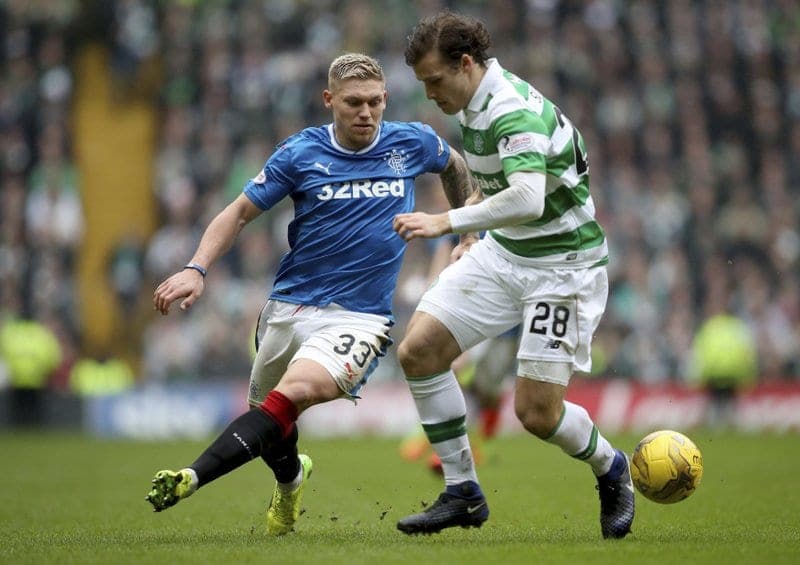LEICESTER, United Kingdom – A black-tie event honoring one of Scotland’s leading soccer teams included the singing of several anti-Catholic songs which have been banned at their stadium. A member of the venue’s staff was also allegedly assaulted outside the event.
According to a report by the Sunday Herald, a Scottish newspaper, a March 31 party at a Glasgow hotel involving Rangers F.C. ex-players and fans – who paid nearly $100 to rub shoulders with their heroes – included sectarian singing.
Rangers is the city’s Protestant club, while Celtic F.C. is supported by Catholics. Although the teams ply their trade in the largest city of Scotland, it is Northern Ireland which dominates the culture of the clubs.
Scottish flags – which can be found almost everywhere in the country – are not common in the teams’ stadiums: Celtic fans fly the Irish tri-color, while Rangers fans fly the Union Jack or even the Northern Irish flag.
RELATED: Anti-Catholic video released after soccer brawl in Scotland
This means supporters for the clubs often mix nationalism and sectarianism with sport, and this can involve violence.
In 2012, the Scottish parliament passed a law banning sectarian displays at soccer matches, although the law is set to be repealed later this month.
A source told the Sunday Herald the event at the Hilton Doubletree included “traditional” Rangers supporters songs, which are virulently anti-Catholic.
“It was ridiculous – 880 people in dinner suits chanting sectarian songs. I’m not Catholic but they shouldn’t be allowed to sing anti-Catholic songs. Some of the staff felt very uncomfortable, including an Irish member of staff who was very worried,” an unnamed source told the newspaper.
A member of the security staff was assaulted outside the hotel the same evening, although it has not been confirmed the incident is related to the Rangers supporters event.
As late as the 1980s, Rangers had an unofficial ban on Catholics playing for them.
When manager Graeme Souness signed Mo Johnston in 1989, he was the first Catholic to play for Rangers since at least World War I.
Since then, the team has signed a number of Catholic players, and has officially sought to fight sectarianism among the club’s supporters, to little effect.
Two weeks ago, the Scottish government budgeted over $725,000 to fight sectarianism in the country.
Peter Kearney, spokesperson for the Scottish Catholic bishops, called for an independent cost-benefit analysis, asking, “Are the programs we are funding at the moment working?”
Kearney added that the word ‘sectarianism’ is a ‘euphemism’: “Anti-Catholicism may be Scotland’s default setting.”













